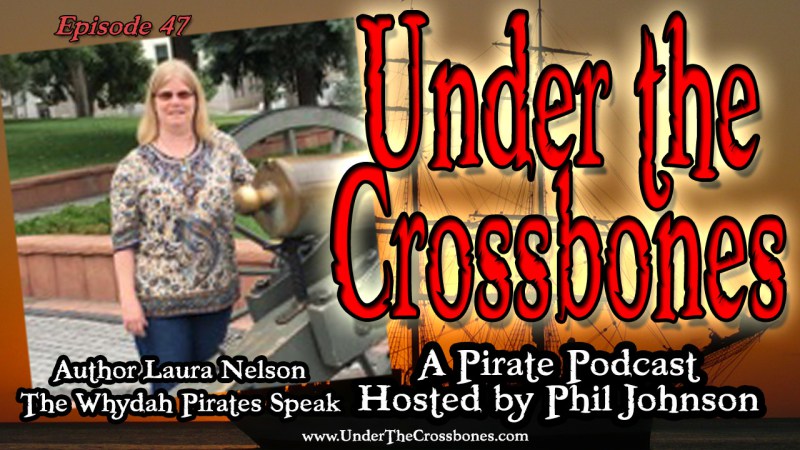I thought it would be interesting this year to put together a list of Christmas Carols that existed around the early 1700's. These might have been sung by ship's crews as part of a Christmas celebration. At the end is a You Tube video of a boy's choir singing A Coventry Carol.
Enjoy!
Carols
are banned but bounce back
Christmas carols were banned between 1649 and 1660 in England by Oliver Cromwell who thought that Christmas should be a solemn day. (Cromwell also abolished the monarchy.) When Protestants, inspired by Martin Luther, took to the joy of Christmas carols, many had to flee Europe under pressure from the Catholic Church. They took the Christmas carols with them to their new homes across the world. In 1649, John de Brebeur wrote the first American Christmas carol, called Jesus is Born.
Fortunately, in Europe, when carols couldn't be sung in Churches, they found a stage elsewhere. The world's most famous religious play, the Passion Play, was staged in Oberammergau, Germany in 1634 (and has been performed every 10 years since). In the 1700s, the music by Mendelssohn and Händel was adapted and used as Christmas carols.
Enjoy!
"While
Shepherds Watched" dates back to 1703. The words for While
shepherds watched were written by Nahum Tate, who was the Poet Laureate in the
reign of Queen Anne, and Nicholas Brady. Only the Psalms of David were sung in
the Anglican Church prior to that time. Tate and Brady were the first to
paraphrase the psalms for singing in rhyme which then became distinctive of
their work. The familiar melody used for While Shepherds Watched was taken from
"Siroe," an opera by George Frederick Handel. On a lighter note
children love to parody the words “While shepherds watched their flocks by
night” and replacing them with “While Shepherds wash their socks by night!”
From : 10 Christmas Carols of The 18th Century
Written by Rick Brainard
Parent Category: 18th Century History
Articles
Category: Society
and Culture
The
Origin of Christmas Carols & Music
Christmas carols were banned between 1649 and 1660 in England by Oliver Cromwell who thought that Christmas should be a solemn day. (Cromwell also abolished the monarchy.) When Protestants, inspired by Martin Luther, took to the joy of Christmas carols, many had to flee Europe under pressure from the Catholic Church. They took the Christmas carols with them to their new homes across the world. In 1649, John de Brebeur wrote the first American Christmas carol, called Jesus is Born.
Fortunately, in Europe, when carols couldn't be sung in Churches, they found a stage elsewhere. The world's most famous religious play, the Passion Play, was staged in Oberammergau, Germany in 1634 (and has been performed every 10 years since). In the 1700s, the music by Mendelssohn and Händel was adapted and used as Christmas carols.
Adeste Fideles (O Come All Ye Faithful) -
1700's: The text to the Carol O Come All Ye
Faithful was originally written in Latin (Adeste Fideles) and was intended to
be a hymn, it is attributed to John Wade, an Englishman. The music to O Come
All Ye Faithful was composed by fellow Englishman John Reading in the early
1700s. The tune was first published in a collection known as "Cantus
Diversi" in 1751. In 1841 Rev. Frederick Oakley is reputed to have worked
on the familiar translation of O Come All Ye Faithful which replaced the older
Latin lyrics "Adeste Fideles". (SOURCE: http://www.carols.org.uk/o_come_all_ye_faithful.htm)
Coventry Carol - 1534:
The words and lyrics of the' Coventry Carol' were written by Robert Croo in
1534 for the traditional Coventry Plays and included in the Pageant of the
Shearman and Tailors Guild which depicted Herod's slaughter of the innocents.
The composer of the music is unknown but is also believed to date back to the
1500's. Henry Ramsden Bramley (1833-1917) and John Stainer (1840-1901) were the
first to attribute the Coventry Carol which they included in 'Christmas Carols
New and Old' in 1878.
I Saw Three Ships - 1666:
Words: Traditional; First Publication Date: John Forbes' Cantus, 2nd. ed.
(1666), Music: Traditional English.
Pat-A-Pan - 1700's:
Words and Music: Guillô, Pran Ton Tamborin, Bernard de la Monnoye, c. 1700
(1641-1728)
Listen to A Coventry Carol: https://www.youtube.com/watch?v=QIvH5GdY4JE


